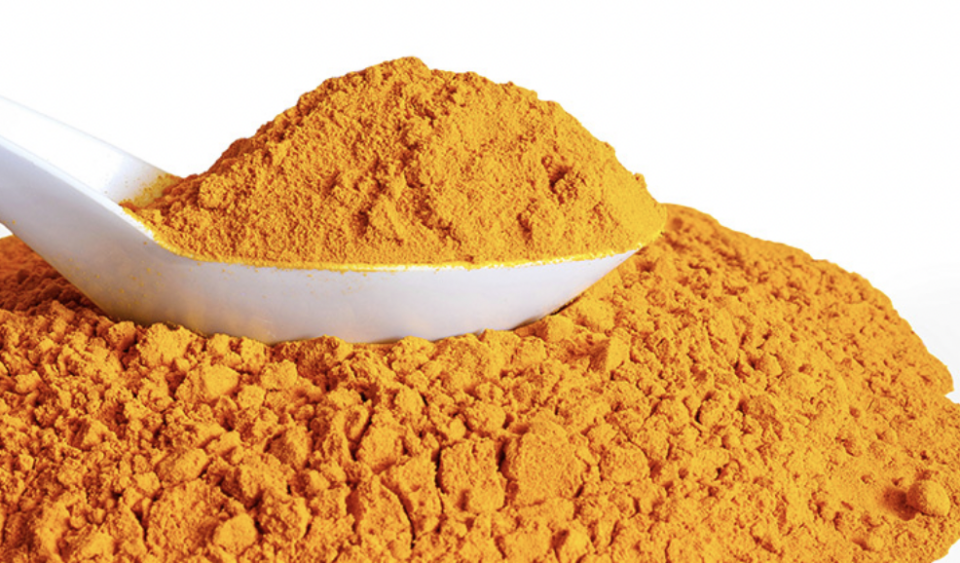Curcumin, the active compound found in turmeric, continues to impress with its wide range of benefits. Initially known for its pain-relieving and anti-inflammatory properties, curcumin has since shown to block estrogen, boost testosterone, improve heart health, increase strength, dissolve arterial plaques, relieve joint pain, and reduce the risk of diabetes. Now, new research indicates that curcumin can cause fat cells to undergo apoptosis or cellular suicide. When curcumin triggers apoptosis, fat cells undergo structural changes that lead to their disintegration, and a cellular clean-up crew disposes of the remnants.
The Taiwanese researchers discovered that curcumin prevents pre-adipocytes, or baby fat cells, from developing into fully matured adipocytes, which are responsible for storing fat. In addition to inhibiting adipocyte differentiation, high doses of curcumin caused fat cells to undergo apoptosis. The researchers suspect that curcumin’s effects on the Wnt/beta-catenin signaling pathway contribute to its actions on fat cells. This newfound ability of curcumin to modulate fat cell formation and elimination may explain many of the other benefits associated with its consumption.
While the exact curcumin dosage required to reduce fat mass is not clear, the study used concentrations of up to 50 micrograms for apoptosis and 30 micrograms to prevent pre-adipocytes from maturing. The standard Biotest dosage of curcumin would likely bring an average person into the therapeutic range, especially considering Biotest’s Micellar Curcumin formula, which contains solid lipid curcumin particles delivering significantly higher free curcumin levels in the bloodstream compared to standard curcumin with piperine. Overall, curcumin’s impact on fat cells may contribute to its wide-ranging health benefits and could be an effective strategy for treating or preventing obesity.

